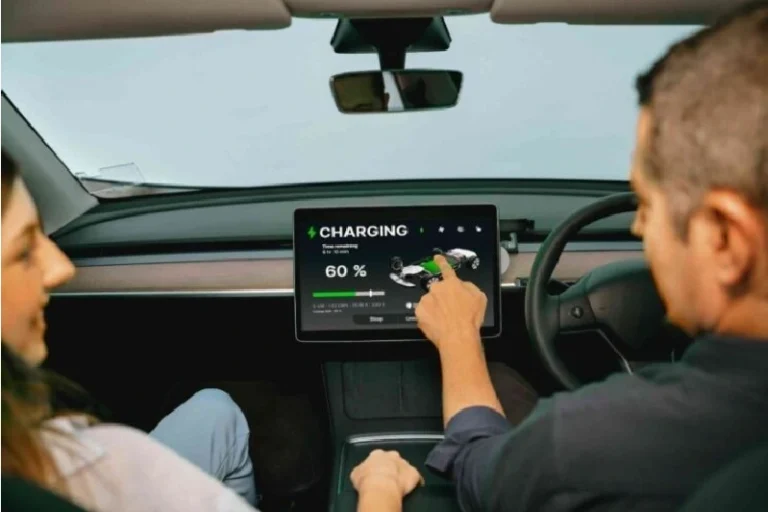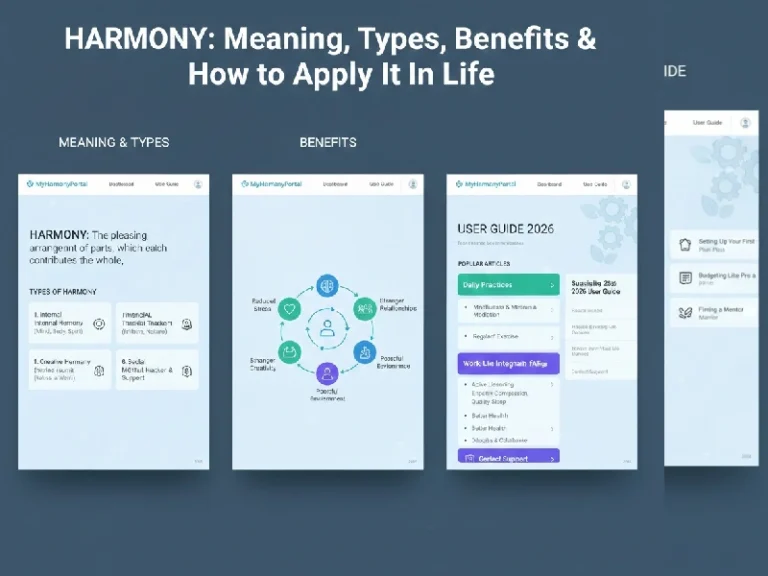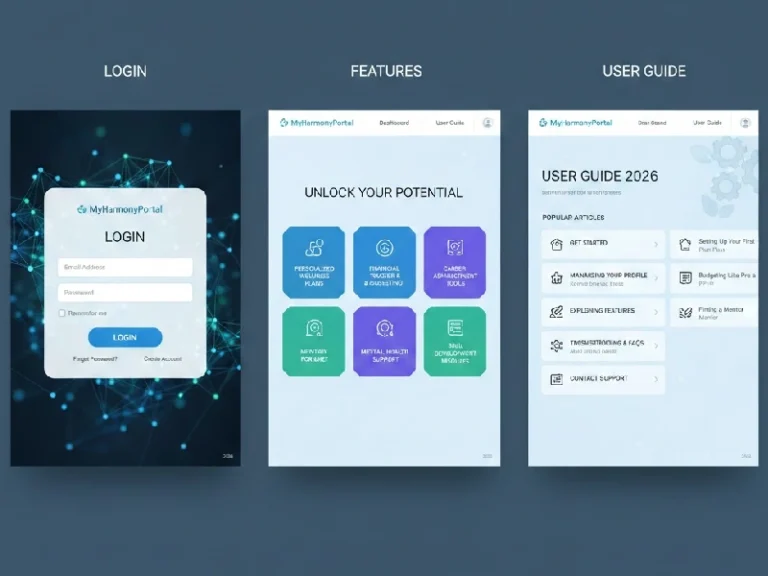
Let’s be real. Technology keeps sneaking into our lives in ways we don’t even notice. One of the biggest changes? VO technology voice-operated, voice-over, voice-optimized… honestly, it goes by many names depending on the context. But at its heart, it’s about machines understanding our voices. And us, kind of, giving in to the idea that talking to a device isn’t weird anymore.
Ever caught yourself whispering “Alexa, play my song” at 2 a.m. like it’s the most natural thing in the world? Yeah, that’s VO technology working its quiet magic.
This article’s going to be long, messy in places, maybe even repetitive. But that’s the charm. Because the story of VO tech isn’t some polished timeline—it’s a mix of breakthroughs, flops, weird cultural moments, and our own stubborn need to make machines understand us.
What Exactly is VO Technology?
Okay, so here’s the thing. People often use the term “VO” in various contexts. In the tech industry, it usually means voice-operated or voice-optimized systems. In media, VO means voice-over. And in marketing, it’s sometimes “voice-first optimization” (fancy way of saying: get your content ready for voice search).
So when I say “VO technology,” I’m kind of lumping it all together. Whether it’s Siri replying to your questions, a soothing narrator guiding you through a documentary, or Google reshaping SEO rules around voice queries, it’s all the same story. The story of humans wanting to talk instead of typing.
A Little History (Because Stories Always Start Somewhere)
Funny thing: voice tech isn’t new. Way back in 1961, IBM showed off a system called “Shoebox.” It recognized digits spoken out loud. Just numbers. But people freaked out like it was science fiction.
Fast forward to the 9’90syou had clunky dictation software like Dragon NaturallySpeaking. It was powerful but also super annoying. Misheard words, constant corrections, you’d end up typing faster anyway.
Then smartphones came along. Apple dropped Siri in 2011. Suddenly, talking to a phone wasn’t just nerdy—it was mainstream. Google followed with Google Now. Amazon with Alexa. Microsoft tried with Cortana (RIP). The voice boom had officially begun.
And here’s the wild part—every stumble, every misheard command, every accidental “ordering 50 gallons of olive oil” moment—it all taught us something. That VO wasn’t just about accuracy. It was about trust.
Why Are We So Obsessed With Talking to Machines?
Ever notice how typing feels… formal? Like you’re submitting something. Talking is different. It’s raw, messy, filled with “umms” and “you knows.”
That’s why VO technology feels so natural. It mimics the way humans really interact. Instead of clicking through menus, you just blurt out what you want.
-
“What’s the weather?”
-
“Call Mom.”
-
“Turn off the lights.”
Simple. Natural. Almost human-like.
And deep down, I think we crave that. Not because we’re lazy (well, maybe a little). But because talking is the most ancient interface we’ve ever had.
Everyday Life With VO Tech
It’s kind of everywhere now. Let’s make a list because otherwise, we’ll get lost:
-
Smartphones: Siri, Google Assistant, Bixby (does anyone actually use Bixby?).
-
Smart Homes: Alexa is turning your kitchen into a sci-fi movie set.
-
Cars: Hands-free navigation, music control, safety commands.
-
Healthcare: Doctors dictating notes. Patients use voice to interact with medical devices.
-
Accessibility: For people with disabilities, VO is not a gimmick—it’s freedom.
-
Entertainment: Voice-over in games, audiobooks, dubbing—it’s all VO.
Sometimes we don’t even realize how deep it runs. You’re watching Netflix, and the subtitles auto-sync with a dubbed voice track. That’s VO tech quietly doing its job.
The Business Side: Why Brands Care So Much
There’s a reason companies are pouring billions into this space. Because voice search changes the entire game.
Think about it. When you type a query, Google shows you ten results. When you ask Google something, it often gives you one answer. Just one.
That means if your business isn’t optimized for voice, you’re invisible. That’s why you see articles titled “How to optimize for voice search” popping up everywhere. SEO folks call it VEO (Voice Engine Optimization) now.
So yeah, brands care. A lot. Because the way people search shapes the way money flows.
Funny Little Tangent: Talking to Machines Feels Weird
I still remember the first time I used Siri in public. It was 2012. I asked her for directions. And this guy at the bus stop gave me the strangest look, like I was whispering to an alien. Fast forward to now, and no one blinks if you ask your phone to set a reminder.
Culture shifts faster than we think.
The Challenges Nobody Talks About
Here’s the not-so-glamorous side. VO technology isn’t perfect.
-
Accuracy – Accents, dialects, background noise… it still struggles.
-
Privacy – Ever wondered if Alexa is always listening? Yeah, you’re not alone.
-
Dependency – The more we rely on voice, the less we actually do manually. Convenience comes with a cost.
-
Bias – These systems are trained on certain datasets. Which means sometimes they “understand” certain voices better than others.
It’s messy. And it should be. Because VO tech is still evolving.
Future of VO Technology (Spoiler: It’s Going to Be Everywhere)
If you think VO is big now, wait a few years. We’re heading toward:
-
Hyper-personalized assistants that know your habits so well it’s creepy.
-
Voice biometrics replacing passwords. Imagine unlocking your bank account just by saying a phrase.
-
Seamless translation in real time. You speak English; someone hears Spanish instantly.
-
Emotional AI voices that can detect your mood and adjust their tone.
It sounds futuristic, but honestly, we’re closer than you think.
FAQs About VO Technology
Q: Is VO tech only about smart speakers?
Nope. It’s in phones, cars, healthcare, call centers, and even your TV remote.
Q: Will VO replace typing completely?
Not really. Typing is still useful. But for quick tasks, voice will dominate.
Q: Is my smart assistant spying on me?
Kind of, maybe. Companies say no, but data collection is definitely happening.
Q: Can businesses really benefit from voice optimization?
Yes. If you’re not voice-search friendly, you’re basically invisible in some markets.
Wrapping It Up (Kind of)
So here’s the deal. VO technology isn’t just a gadget trend, it’s a cultural shift. It changes how we search, how we buy, how we live. It’s messy, flawed, and sometimes hilarious when it misunderstands you. But it’s also powerful, freeing, and here to stay.
And maybe that’s the lesson. We don’t need VO to be perfect. We just need it to feel human enough that we don’t notice the cracks.
Because at the end of the day, we’re not just teaching machines to understand us. We’re teaching ourselves to talk to them.
And that’s the story of VO technology.


